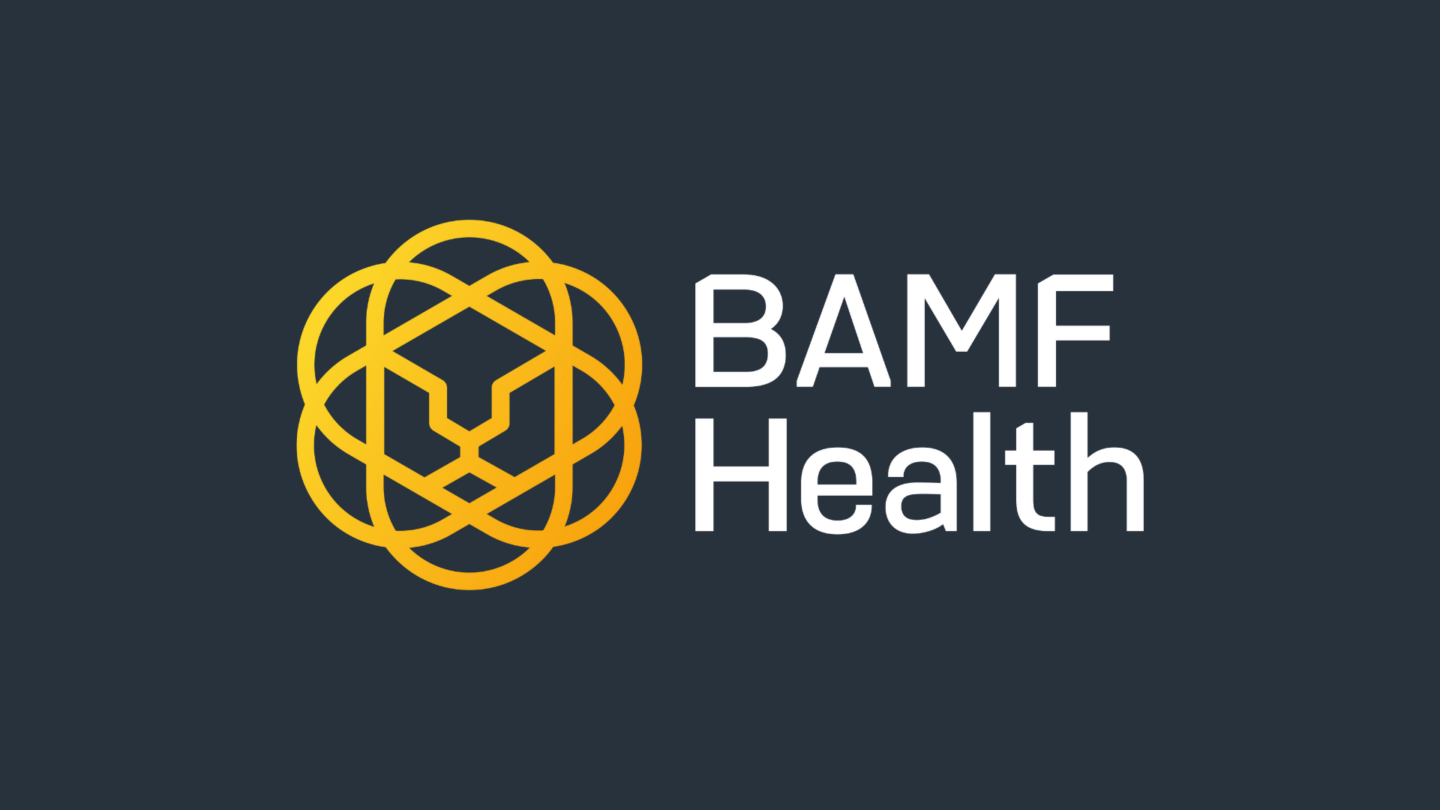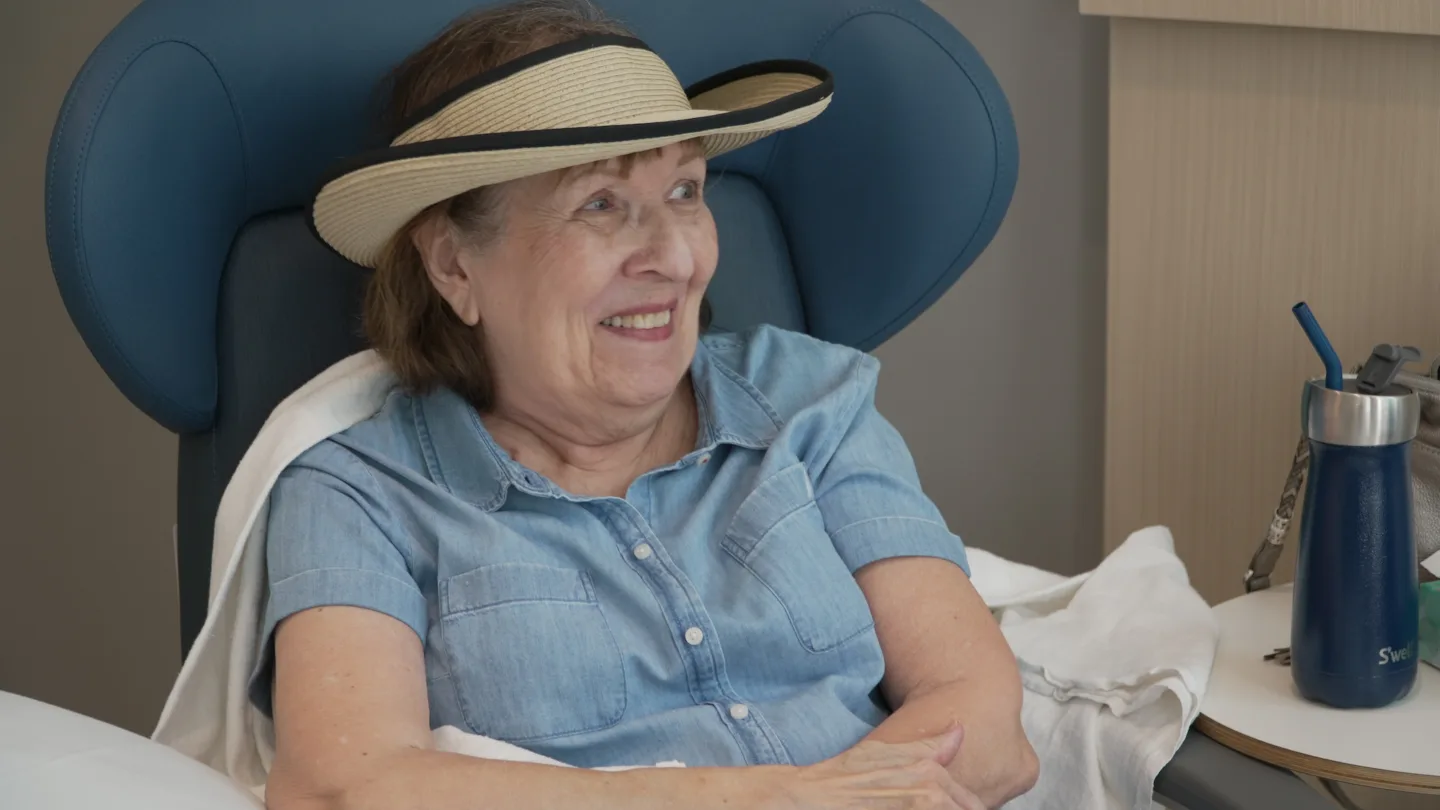
Originally posted on GRBJ by Abby Poirier
Following the announcement of BAMF Health’s participation in Clarity Pharmaceuticals’ SABRE Clinical Trial, founder and CEO Anthony Chang said he plans to participate in 10 more trials in the coming months, as well as expand into pediatric and women’s health fields.
At Bold Advanced Medical Futures (BAMF) Health, Chang is gearing up for a busy year, planning to roll out new partnerships in the Grand Rapids health care arena, double his staff and tackle pediatric care alongside Helen DeVos Children’s Hospital.
On March 1, BAMF announced its participation in the Clarity Pharmaceuticals SABRE Clinical Trial (NCT05407311), the medical center’s second clinical trial since opening in October.
The SABRE trial, Chang said, is focused on targeting the 20% of prostate cancer patients who are prostate specific membrane antigen protein (PSMA)-negative, meaning BAMF’s current imaging process is not able to pinpoint their cancerous cells. With this new trial, Chang anticipates being able to meet the needs of all prostate cancer patients and broaden BAMF’s reach.
BAMF also plans to roll out more than 10 new clinical trials over the next several months.
“We have several cancer trials targeting different kinds of cancer, like pancreatic cancer, brain cancer, lung cancer, renal cancer. And then we also have the clinical trial with pediatric cancers, and we’re going to have trials for Alzheimer’s disease,” Chang said. “That’s the big picture so far for both diagnoses and therapy.”
Chang said BAMF is looking at a partnership with Michigan State University to focus on women’s health as well.
This year, BAMF also anticipates launching a pediatric project in partnership with Helen DeVos Children’s Hospital.
Chang said BAMF’s total-body PET scanner will be a game-changer in pediatric cancer, and he is excited to bring its capabilities to Michigan’s younger patients.
“Right now, only 1% of PET scans conducted in the U.S. are for pediatric patients,” he said. “Even though we know it is very useful, we are worried about a radiation dose affecting their future development. (And) usually you need to spend about 40 minutes to scan the kids, but kids cannot stay still for 40 minutes. In order to (scan them), we need to sedate the kids, and we don’t want to do that unless it’s really necessary.
“This scanner is 40 times more sensitive than any other PET scanner in the world. So we can shorten their scan times, and we can inject only 1/40 of the radiation dose to the patients. Combine these kinds of capability together, and all of a sudden the radiation dose and the sedation is not a problem anymore. Your kid can stay still for three or five minutes.”
Chang is looking forward to expanding into the pediatric field, hoping to tackle oncological, neurological and cardiological pediatric applications alongside local children’s health care providers at Helen DeVos.
“No longer do children have to be sedated to receive a PET scan,” he said. “We don’t have to worry about a large amount of radiation that they would be exposed to. It is a rapid scan (with a) low dosage of radiation yielding the best image possible for pediatrics.”
Over the next year, Chang also said he anticipates doubling his staff. Currently, BAMF employs almost 100 and hopes to employ around 200 by this time next year.
At the same time, Chang said expansion plans are being explored “urgently,” as every day without nationwide access to BAMF’s method of cancer treatment means more lives lost.
“Right now, there’s a huge demand for this kind of treatment, this technology for patients,” he said. “BAMF’s mission is to make this technology accessible and affordable to everybody. Just take prostate cancer alone — we have 3 million prostate cancer patients in the U.S. alone. And based on current FDA approval, we’ll need about 220,000 rounds per year in the U.S. BAMF is the largest center in the U.S. And at full capacity, we can only do 8,000 (per year).
“That’s so many people being left behind, and that’s why we’re eager to expand. Patients are dying while we have technology in our hands.”
Chang said BAMF is hoping to build at least five more BAMF Tier 1 centers across the U.S. over the next three years, with the goal of creating 10 within the next five years.
Tier 1 centers are replicants of BAMF’s Grand Rapids location, offering advanced technology and treatment capabilities.
After that, Chang said, BAMF will look to create smaller community centers in order to reach more patients.
“We feel the urgency, not because we want to grow our company,” he said. “The urgency is that literally every day we’ve lost, we lose lives. It’s black and white like that. We see patients being referred to us from out of state, and the reason why they were willing to travel from out of state to BAMF is because we can get them in as soon as possible. If they actually get started in their state, they’re being scheduled four months, five months later. And then they cannot live for that long.”


